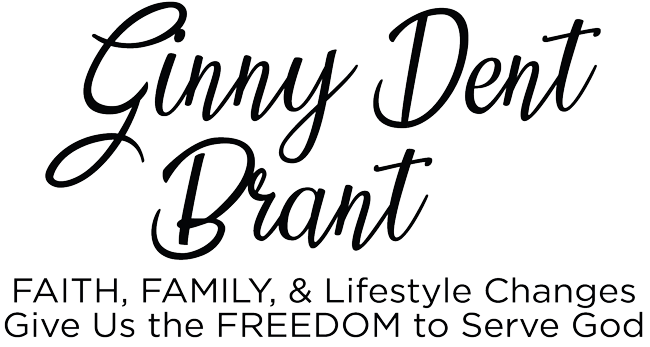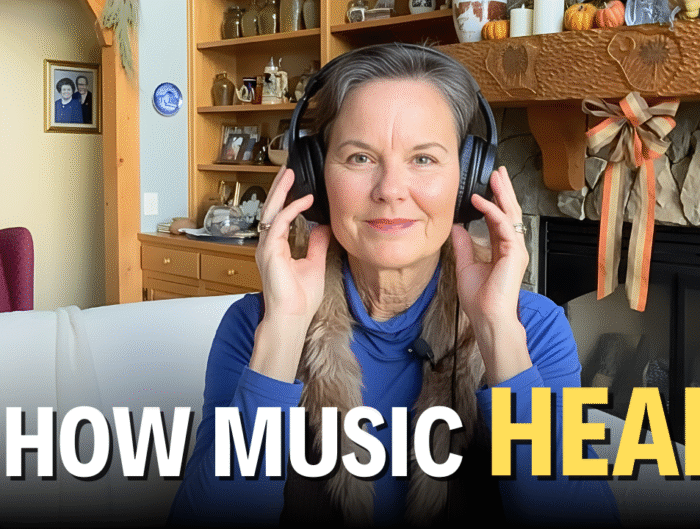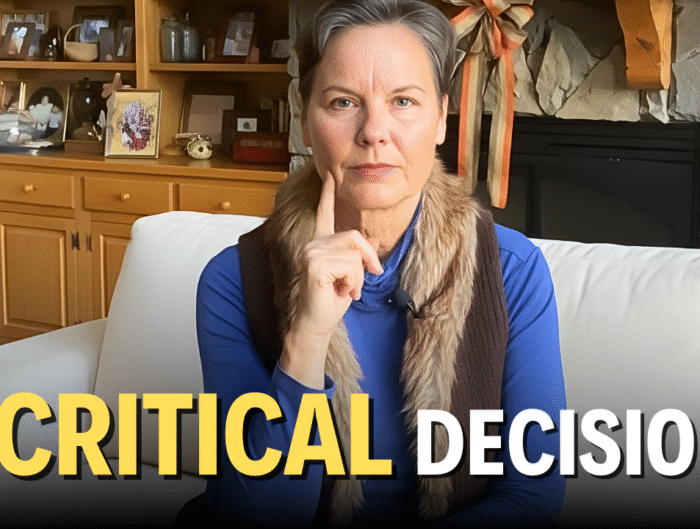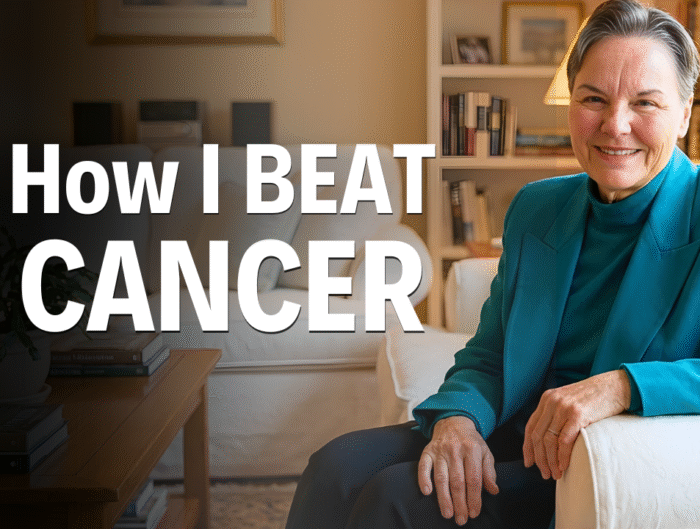I began changing over from regular sugar to alternate sweeteners with little to no calories after my diagnosis of severe hypoglycemia in 1973. In the past 50 years, I’ve migrated from sugar to artificial sweeteners to natural sweeteners. It seems that each time I start on a new sweetener, reports come out scaring me away from it. To say the least, it’s been frustrating. But one thing I’ve learned is to migrate towards natural sweeteners and stay away from artificial ones.
I started with the pink packets—Sweet and Low which is made from saccharin, but after research began to link saccharin with cancer in rats causing the US to list it as an “anticipated human carcinogen” and it was discovered that altered the balance of the gut, I moved on to the blue packets of aspartame. Years later, I found that aspartame is linked to cancer, seizures, headaches, allergies, and altered gut bacteria.
That’s when I moved on to the newest artificial sweetener on the market, sucralose which goes by the brand name Splenda. This by far was my favorite and I would guzzle quarts of freshly made lemonade made with this. And now you might be guessing what they’ve found wrong with this yellow packet! Yep, it’s now linked to gut issues, migraines, increased inflammation and wait for this—it can blunt the effect of the thyroid gland. Even my naturopath and nutritionist at my cancer hospital steered me away from it and also informed me that it contained chlorine.
As someone who has issues with blood sugar and now must manage it even more carefully as a type 2 diabetic, I was enraged. What’s a girl to do? What was I supposed to use? So I did a deeper dive.
Today, we’re going to look at not artificial sweeteners, but the best natural sweeteners including the best ones for those with blood sugar issues. Are you ready? We are going to start with the no or low-calorie sweeteners that are safe for people like me.
- Stevia – Stevia comes from the stevia plant and is native to South America. It works well for me and I use it in liquid and powder form. It’s very sweet and only takes a little. Some people feel that it has an aftertaste, but it doesn’t for me. My favorite brand is Sweetleaf. But a caution: Make sure the first ingredient on the label is stevia. In this case, it is. A friend pointed out to me that the former stevia I used had dextrose as the first ingredient which means sugar! The first ingredient listed is the ingredient used in the highest amounts. So be careful. You want pure organic stevia leaf.
- Monk Fruit – This sweetener was discovered by Monks. The actual fruit it comes from has calories, but the extract made from it has zero calories. It is 150-200 times sweeter than sugar and does not have an aftertaste. It’s also anti-inflammatory and like stevia does not raise blood sugar or cause cavities. Some people use a mixture of monk fruit and stevia. I also use this sweetener.
- Erythritol – This is also a top sugar substitute that is a sugar alcohol. It’s in many baked goods sold in grocery stores, but must be consumed in moderation. The popular brand Lily’s uses this mixed with stevia. I do use their products, but not in abundance due to digestive issues that can be caused if overused. But the good news is that it contains no calories and does not raise blood sugar which is key for those like me who manage their blood sugar with diet, exercise, and lifestyle. Be sure to check out my video called “Eight Tips for Balancing Your Blood Sugar Naturally” which will be referenced below.
Now let’s look at other natural sweeteners that must be used in moderation by diabetics because they can raise blood sugar and have calories.
- Raw honey – This basic staple always sits on my kitchen counter because my husband uses it to sweeten his coffee. It has 64 calories per tablespoon, but it is good for your gut flora and contains antioxidants. Local honey helps to desensitize your immune system to allergies in your area. Dr. Joshua Axe calls it “nature’s dirt.” What works well for my husband must be used sparingly by me.
- Maple syrup – This natural sweetener is definitely a natural sweetener containing benefits for the gut and antioxidants with 52 calories per tablespoon. This is what we use on our pancakes when the grandchildren are visiting in limited amounts. Both honey and maple sugar are inflammatory so this is just another reason to use them in small amounts.
- Coconut sugar – This granular sweetener also contains many nutrients, but has a lower glycemic index and lower calories at 45 calories per tablespoon as compared to honey at 65. It can be directly substituted for processed sugar in a recipe and the same goes for sucanat or unprocessed, raw sugar.
- Dates – I’ve used ground dates to make my banana pie. One whole Medjool date contains about 66 calories and provides potassium, copper, iron, and manganese. Dates are easy to digest and contain fiber to slow glucose absorption. But I must use them sparingly.
- Fruit – This gift from God can be one of the best sweeteners with fiber and nutrients included. I sweeten my smoothie each day with a banana, and that banana has fiber which slows down the release of sugar into my bloodstream. I’ve used bananas to sweeten many cakes and cookies, but in moderation of course.
My husband can handle higher amounts of natural sweeteners that have calories than I can. However, the American Heart Association recommends the following sugar limits each day:
25 grams or six teaspoons daily for women
36 grams or nine teaspoons daily for men
No doubt the reason is inflammation caused by sugar. According to the Cleveland Clinic, refined sugar is inflammatory, high in calories, and offers no nutritional benefits. Just this statement alone should encourage all of us to limit the amount of added sugars—even natural sugars that we use each day.
So what’s your favorite natural sweetener?
View this message on YouTube:
Related video available Jan. 7, 2025:
Eight Tips for Balancing Your Blood Sugar Naturally
For Your Health,
Ginny
 Ginny Dent Brant is a speaker and writer who grew up in the halls of power in Washington, DC. She has battled cancer, ministered around the world, and served on the front lines of American culture as a counselor, educator, wellness advocate, and adjunct professor. Brant’s award-winning book, Finding True Freedom: From the White House to the World, was endorsed by Chuck Colson and featured in many TV and media interviews. Unleash Your God-Given Healing: Eight Steps to Prevent and Survive Cancer was released in May 2020 after her journey with cancer and was recently awarded the First Place Golden Scrolls Award for Memoirs, a finalist in Serious Writers Book of the Decade, and Second Place in both Selah Awards for Memoirs and Director’s Choice Award for Nonfiction at the Blue Ridge Mountain Christian Writer’s Conference. It recently received the Christian Authors Network’s (CAN) Gold Award for Excellence in Marketing for reaching 62.5 million people with a message of cancer prevention and survival. It was written with commentary from an oncologist and was featured on CBN’s Healthy Living Show, Atlanta Live, and CTN’s Homekeepers along with over 75 media outlets. Learn more and cancer and wellness prevention blog and book information at www.ginnybrant.com. Ginny is on YouTube
Ginny Dent Brant is a speaker and writer who grew up in the halls of power in Washington, DC. She has battled cancer, ministered around the world, and served on the front lines of American culture as a counselor, educator, wellness advocate, and adjunct professor. Brant’s award-winning book, Finding True Freedom: From the White House to the World, was endorsed by Chuck Colson and featured in many TV and media interviews. Unleash Your God-Given Healing: Eight Steps to Prevent and Survive Cancer was released in May 2020 after her journey with cancer and was recently awarded the First Place Golden Scrolls Award for Memoirs, a finalist in Serious Writers Book of the Decade, and Second Place in both Selah Awards for Memoirs and Director’s Choice Award for Nonfiction at the Blue Ridge Mountain Christian Writer’s Conference. It recently received the Christian Authors Network’s (CAN) Gold Award for Excellence in Marketing for reaching 62.5 million people with a message of cancer prevention and survival. It was written with commentary from an oncologist and was featured on CBN’s Healthy Living Show, Atlanta Live, and CTN’s Homekeepers along with over 75 media outlets. Learn more and cancer and wellness prevention blog and book information at www.ginnybrant.com. Ginny is on YouTube
Link to buy book at Unleash Your God-given Healing
Click to sign up to take Conquering Cancer Course
Ginny is a cancer coach. Make an appointment to meet with her:




